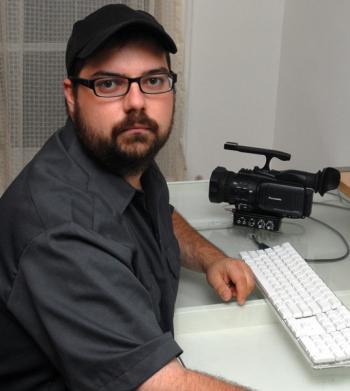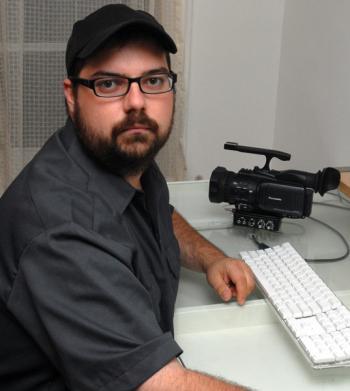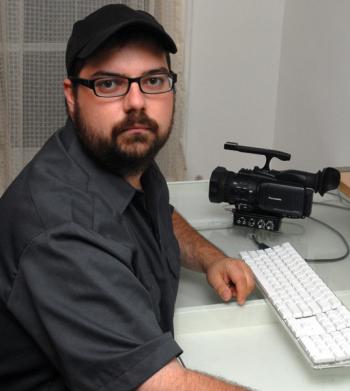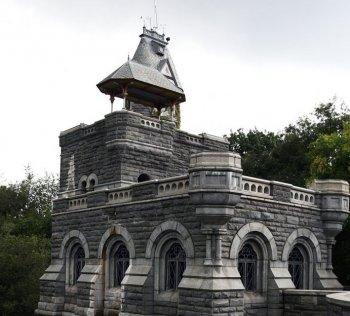NEW YORK—When Jeffrey Rae, a 28-year-old East Village resident and communications worker for local labor unions was approached by Students for a Free Tibet (SFT) to go to China during the Olympics to document a series of planned protests, he agreed. Little did he know that he was about to get a first-hand look at the intolerance of China’s security forces when dealing with public protests.
SFT had planned a series of protests during the Beijing Olympics and wanted to be sure that the protests would be documented, and make it out of China to the press.
Rae was educated as a photojournalist at Rochester Institute of Technology. He had previously traveled to Mexico with fellow documentarian Brian Conley after their mutual friend, also a documentary filmmaker, had allegedly been murdered by local police.
Rae agreed to go to China even though he had not been involved in previous Tibetan activities. “To be honest, I really didn’t know much about Tibet,” said Rae. But he agreed to go, he said, “Mainly because I’m very concerned with freedom of the press, and from what they told me, no one was going to cover them because it’s too dangerous.”
“I knew they were taking a risk doing what they were going to do, and it’s important that it be captured,” said Rae.
Going to China
With plane tickets purchased by SFT, Rae and Conley set off to China on Aug. 9. They were to be contacted by phone when they arrived in Beijing. Rae received a phone call once he was in China informing him that a protest was to be held at the Ethnic Minorities Park in Beijing on Aug. 13.
At the park, a group of about a half dozen pro-Tibet Westerners flew a “Free Tibet” banner from a building in the park and then locked their bicycles together at the park entrance. They chanted “Free Tibet” while holding a banner stating “Tibetans are Dying for Freedom” and wearing “Free Tibet” T-shirts. Rae was able to successfully photograph the event without disruption. He then uploaded the photos for SFT members to access.




